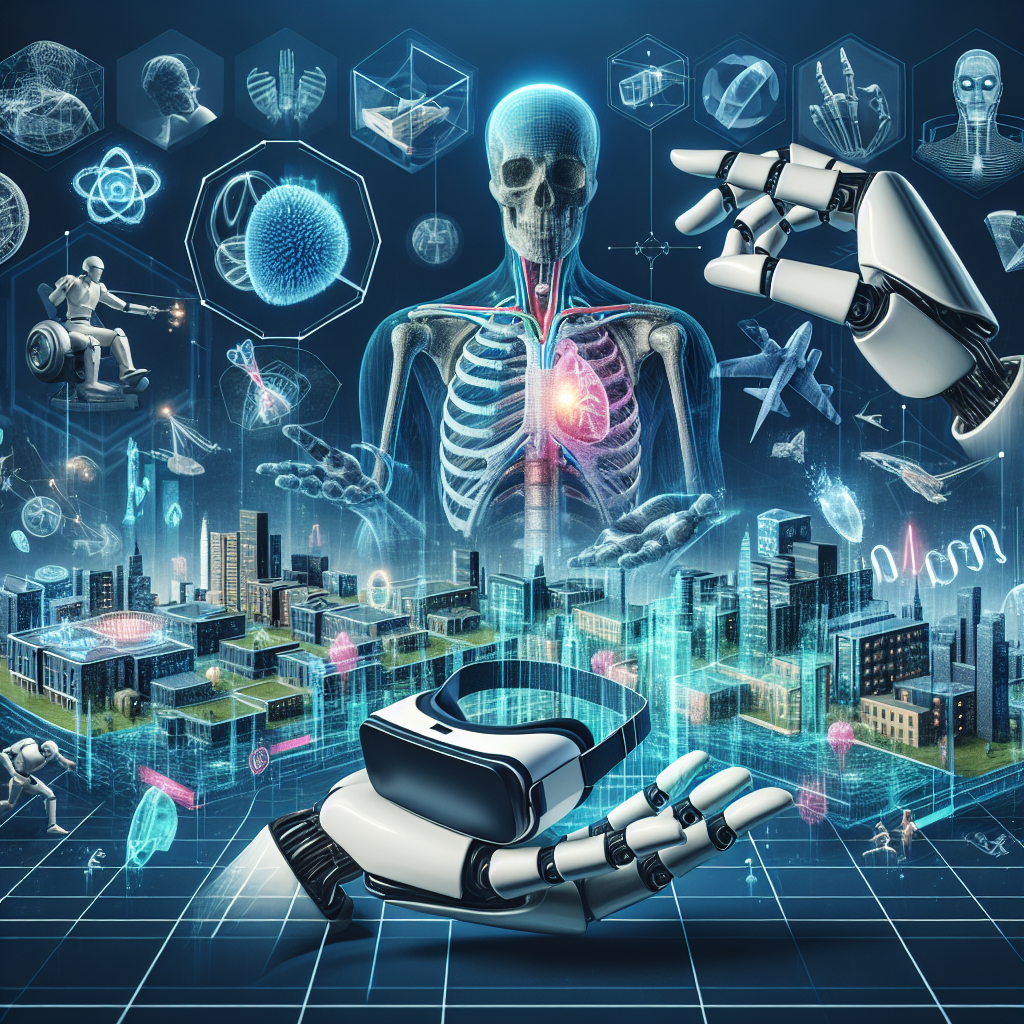The Future of Virtual Reality: How VR is Revolutionizing Industries
Virtual reality (VR) technology has been steadily advancing over the past decade, and its applications are becoming increasingly widespread across various industries. From healthcare to entertainment, VR is revolutionizing the way we interact with digital content and immersive experiences. As the technology continues to evolve, the future of VR looks bright, with endless possibilities for innovation and growth.
One of the industries that has seen significant advancements in VR technology is healthcare. Medical professionals are using VR to train for surgical procedures, treat patients with anxiety and phobias, and even remotely monitor patients in real-time. VR simulations allow doctors to practice complex surgeries in a safe and controlled environment, reducing the risk of errors during actual procedures. Patients with anxiety disorders or phobias can undergo exposure therapy through VR, gradually exposing them to their fears in a controlled setting. Remote patient monitoring using VR technology enables healthcare providers to monitor patients’ vital signs and symptoms without the need for regular in-person visits, improving access to care for those in remote areas.
The entertainment industry has also embraced VR technology, offering consumers immersive experiences that were previously unimaginable. Virtual reality gaming has become increasingly popular, with gamers able to step into a virtual world and interact with their environment in a way that feels incredibly realistic. VR experiences are not limited to gaming, however, as filmmakers and content creators are using the technology to create immersive storytelling experiences that transport viewers to another world. Theme parks and attractions are also incorporating VR technology into their offerings, providing visitors with thrilling and immersive experiences that blur the lines between reality and fantasy.
In the education sector, VR technology is revolutionizing the way students learn and engage with educational content. Virtual reality simulations allow students to explore historical sites, travel to distant planets, and conduct virtual experiments in a safe and controlled environment. This hands-on approach to learning enhances students’ understanding of complex concepts and encourages active participation in the learning process. VR technology also has the potential to provide access to education for students in remote or underserved areas, bridging the gap between traditional and online learning.
As VR technology continues to advance, its applications will only become more prevalent across various industries. From healthcare to entertainment to education, virtual reality is revolutionizing the way we interact with digital content and immersive experiences. The future of VR looks bright, with endless possibilities for innovation and growth. Whether it’s training medical professionals, entertaining consumers, or educating students, VR technology is shaping the future of industries in ways we could have never imagined.


